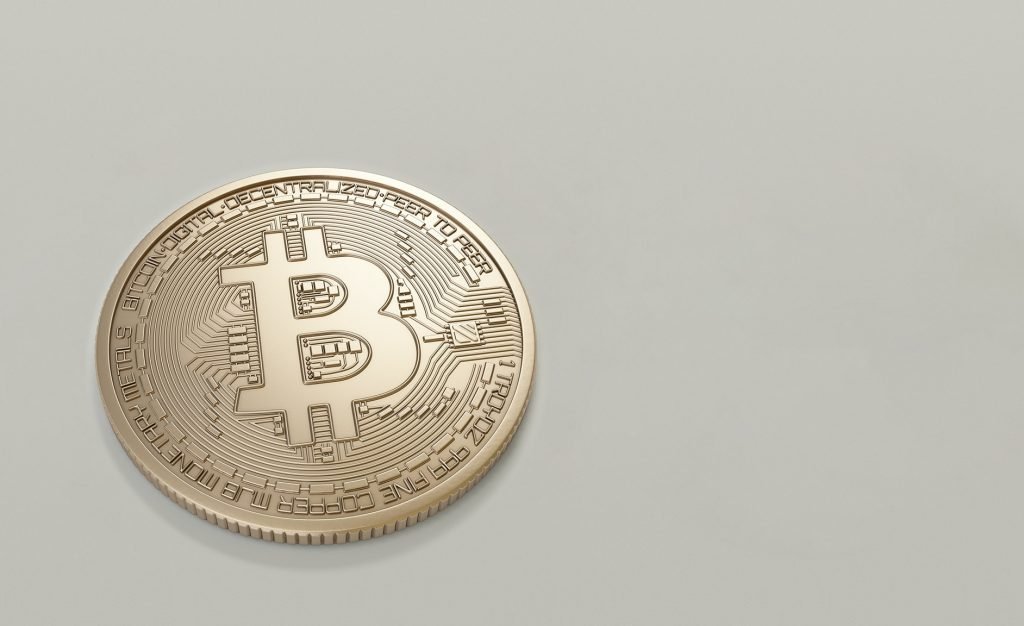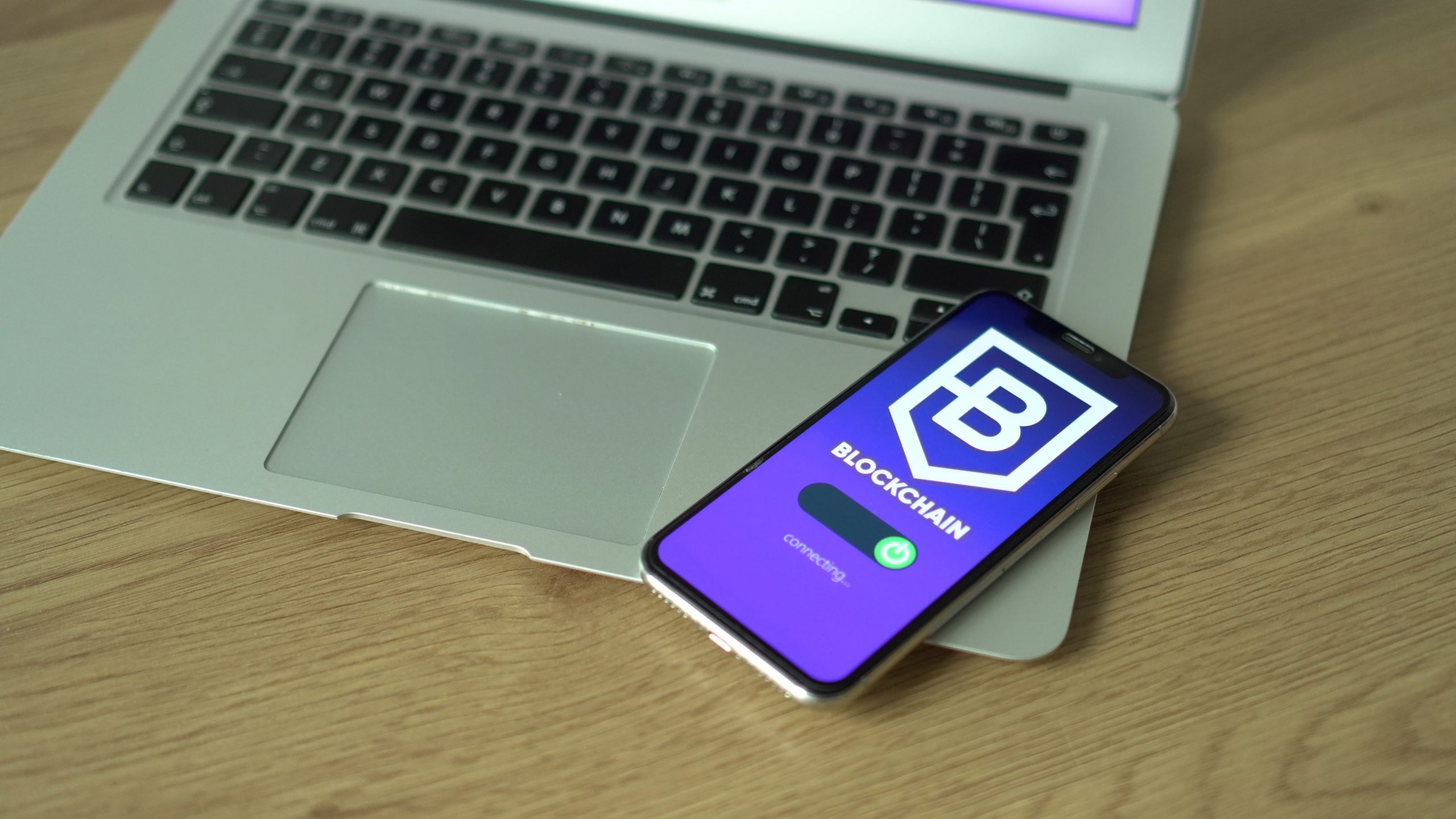Getting to grips with the basics of cryptocurrencies is essential before you can really dive into investing in and using crypto. One of the important concepts to understand is crypto wallets, which help you to ensure you keep your digital currency safe and secure. There are different types of wallets to choose from, but they are all either custodial wallets or non-custodial wallets.
Knowing the difference between custodial and non-custodial wallets, as well as the pros and cons that each of them offers, will help you to choose the right option for your needs.
What Is a Custodial Wallet?
A custodial wallet means that a third party is holding your private keys for you. This will usually be the exchange or platform where you purchased your currency. This type of wallet requires you to trust this third party with your private keys, keeping your funds secure for you and giving them to you when you need them.
What Is a Non-Custodial Wallet?
In contrast, a non-custodial wallet gives you complete control over your private keys. That means you’re totally in control of your funds. The third party is removed from the equation, but it also means you have sole responsibility for keeping track of your keys.
Custodial Wallets - Pros and Cons
Both custodial and non-custodial wallets have their pros and cons. Custodial wallets are a great option if you’re looking for convenience. They’re accessible and easy to use, and there’s less responsibility when using one. You’ll be able to log into the account for the platform or exchange that holds your wallet whenever you want to access your funds. If you happen to lose the password, you can probably reset it to recover access to your account. You won’t lose your keys and you can even save on fees.
On the other hand, there are also downsides to using a custodial wallet. Storing your coins in a custodial wallet firstly means that you don’t exactly own them. Similar to storing your money with a bank, the exchange owes you the coins when you want to withdraw them. Custodial wallets may also be less secure. A data breach or hack can put everyone’s funds at risk. Determining how likely this is to occur requires scrutinization of the exchange’s security measures.

Non-Custodial Wallets - Pros and Cons
Non-custodial wallets offer the benefit of giving you control over your funds. You’re responsible for your private keys when you use non-custodial wallets, which gives you control and security. You’re the one who has to approve transactions and you can make quick withdrawals because you’re not waiting for anyone else to approve anything. Using a non-custodial wallet can lower your risk of security issues too. You have a small amount of funds compared to big exchanges, making you less of a target. You might also be able to access your funds without an internet connection.
However, being responsible for your wallet means you have to keep your private keys safe. If you lose your key, you could also lose the funds that it will give you access to. You’re on your own, and you won’t have anyone to help you.
Custodial and non-custodial crypto wallets each have pros and cons. Consider these carefully before choosing one.
